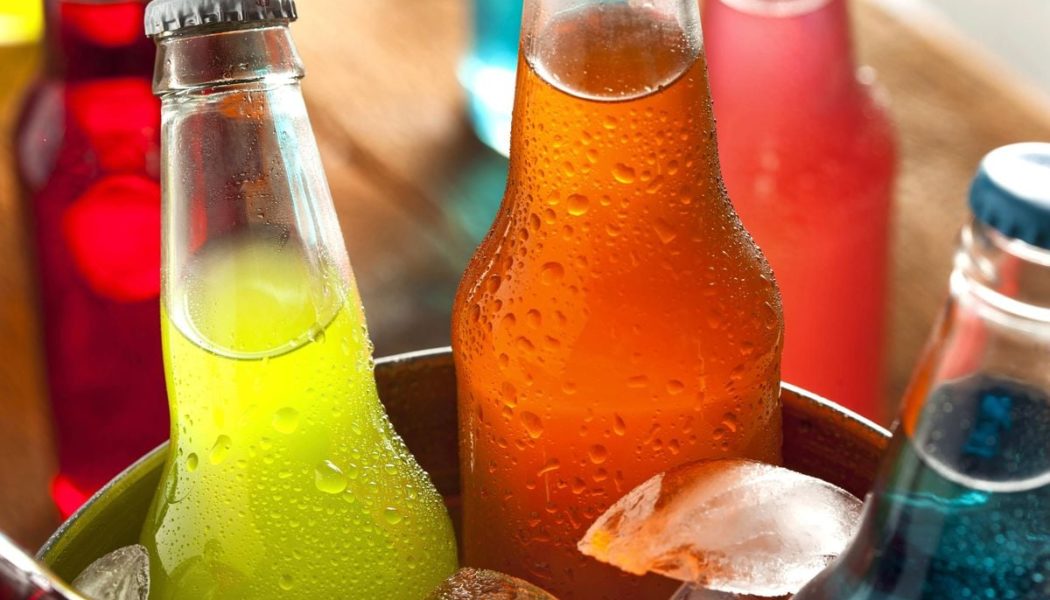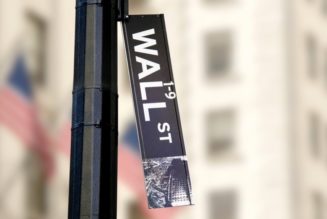
Soft drinks makers have urged Parliament to block a proposal in the Finance Bill 2024 to impose a 10 percent tax on locally manufactured plastics, warning that it would trigger rises in the cost of business, packaged products as well as job sheds.
Coca-Cola told the National Assembly’s Committee on Finance and National Planning that the proposed change to the Excise Duty Act will subject locally made plastics to the tax.
The Treasury, through the Finance Bill, 2024 is seeking to delete the word “imported” in clause 42 (G) of the Excise Duty Act.
The Act currently imposes a 10 percent excise duty on only imported articles of plastics under the tariff headings 3923.30.00 and 3923.90.90.
The soft drinks manufacturer wants MPs to reverse the proposed deletion of the word “imported” as proposed in the Finance Bill, 2024.
John Mwendwa, Coca-Cola Director for Public Affairs, Communications & Sustainability said the introduction of the excise duty on imported plastics was meant to protect the local industry.
He said there is a large and vibrant plastics manufacturing industry in Kenya that makes products for use by consumers and for use by other manufacturers to package their products.
“By imposing excise duty on locally produced plastics, this will increase the cost of production and thus increase the cost of goods that require the use of plastic packaging,” Mr Mwendwa said.
“Coupled with other proposed levies on plastic packaging, this will result in multiple taxation on the same product, further increasing the costs of businesses and consumers.”
Committee chairperson Kuria Kimani concurred with Coca-Cola that deleting the word “imported” in Section 4G of the Excise Duty Act will essentially mean levying a 10 percent excise levy on all plastics.
Separately, the Packaging Producer Responsibility Organisation “PAKPRO”, a business member organisation representing manufacturers, brand owners, retailers, and importers of raw materials for the manufacture of packaging materials, called for a total deletion of the eco levy.
“Materials used for packing should be exempted from tax. We are levying manufacturers up to Sh17 per kilo. Imposing an eco levy at Sh150 per kilo will amount to double taxation. This means the cost of goods will go up and costs passed to consumers,” Mr Kimani Rugendo, who chairs PAKPRO said.









